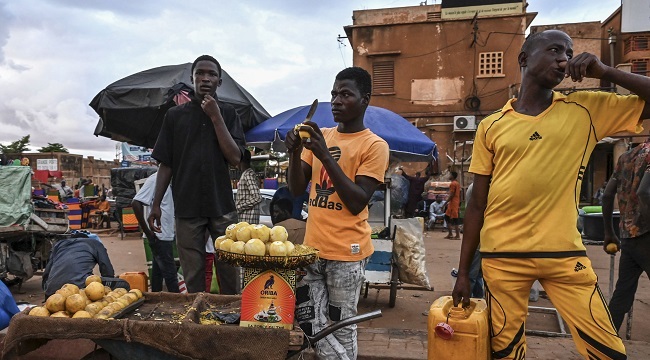The World Bank is urging the Nigerian government to prioritize job creation for young citizens as the country faces unprecedented economic strain following the removal of fuel subsidies. President Bola Tinubu’s decision in May 2023 to end these subsidies has resulted in a sharp rise in fuel prices, pushing the cost of Premium Motor Spirit (PMS) from N175 to N1,025 per liter at Nigerian National Petroleum Company Limited (NNPCL) stations across Lagos. This change has added to the financial burden on Nigerians already navigating high inflation and increased living expenses.
In its latest report, Staying the Course: Progress Amid Pressing Challenges, the World Bank underscored the importance of addressing the hardships facing citizens by expanding employment, especially for young people. Ndiame Diop, the World Bank’s Country Director for Nigeria, praised the government’s willingness to undertake difficult reforms but emphasized the urgent need for job opportunities to prevent further social and economic instability. Diop noted that if such reforms had not been implemented, Nigeria would have faced a severe fiscal crisis, further threatening the government’s ability to meet its commitments to the public. However, he highlighted that expanding youth employment is crucial to help citizens cope with decreased purchasing power and rising costs.

The World Bank also called on the Central Bank of Nigeria (CBN) to shift its approach to foreign exchange management. Recently, CBN carried out an $876.26 million retail Dutch auction to stabilize the naira, aiming to enhance liquidity and ease pressure on the FX market. Yet, the World Bank recommended that the CBN refrain from ad-hoc auctions and move towards a unified, transparent exchange rate system, allowing for greater market flexibility and consistency.
Such an approach, according to the report, could strengthen Nigeria’s FX market by encouraging formal remittance flows and centralizing foreign exchange transactions. By focusing on employment for young Nigerians and adopting a stable FX strategy, the World Bank believes Nigeria can better support its citizens through economic recovery and foster long-term stability.



